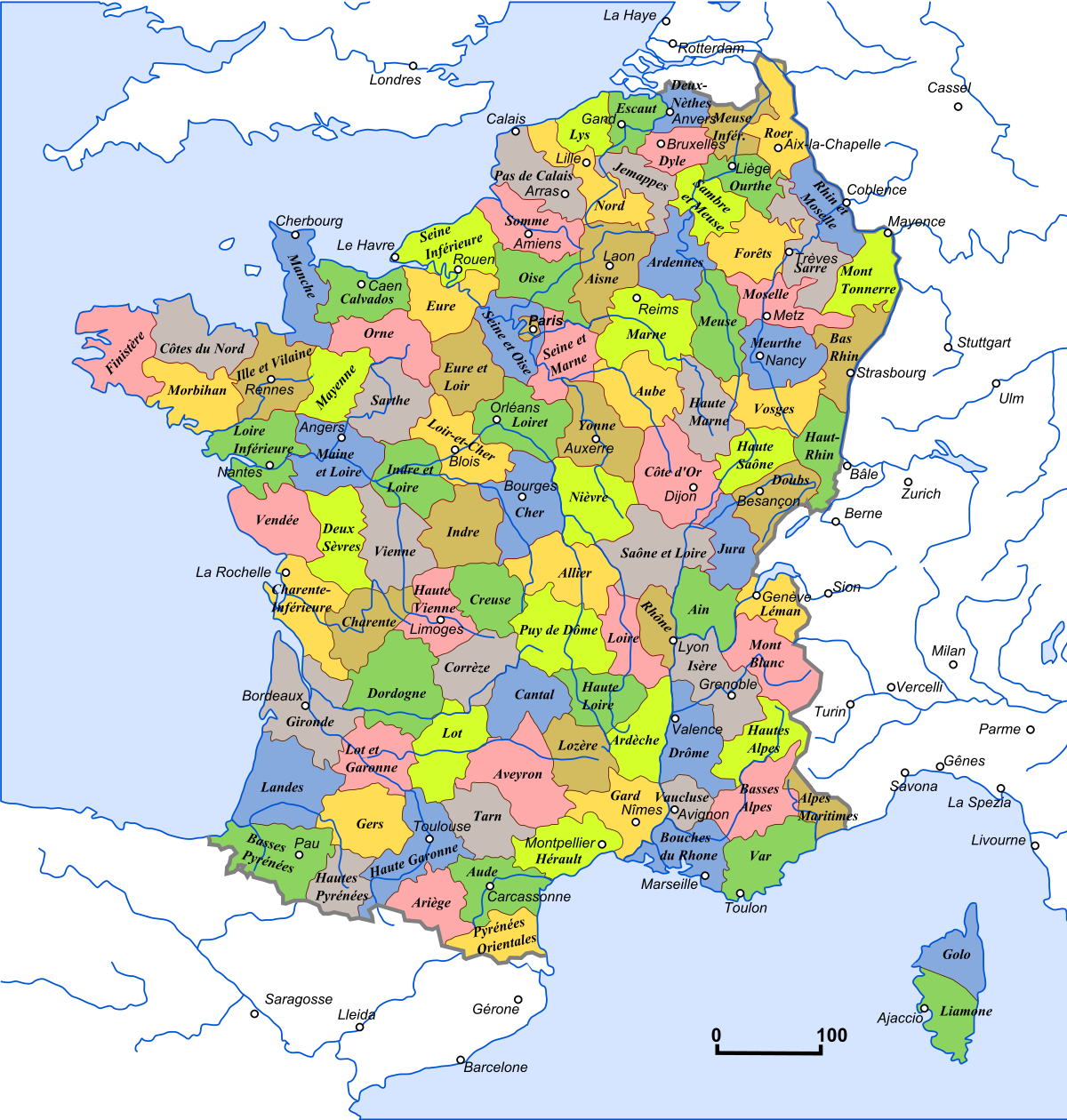What sort of peace treaty would be the most optimal to stabilizing the balance of power in Europe over the long term in the 19th century? The Congress of Vienna couldn't have known about France's future demographic decline or German unification and industrialization. But knowing these factors today, what would be the optimal treaty for dealing with Franco-German rivalry in the following century?
Basically (imo):
-France should be left with more territory than OTL, especially lands with important industrial resources (Saarland, Luxembourg steel deposits/Red Lands, Wallonia). This will aid France in becoming easily the second largest industrial power after Britain until Germany overtakes them in the late 19th century
-But France can't be made TOO powerful to dominate Europe in the 19th century or to tempt them to challenge Britain (thus avoiding further French-British conflicts/a continuation of the Napoleonic wars)
-Germany still forms to act as a check to a more powerful France and future rival to Britain
-the eventual British-French alliance to counter Germany still happens, but due to a more powerful France, the German Schlieffen plan is dismissed as being unrealistic. Thus WW1 doesn't happen/no blank cheque to the Austrians.
-Netherlands can be given Flanders and they will hold on to it (no Belgium)
-a stronger Netherlands and no Belgium means no small neutral country in the region for German troops to pass through to invade France (Netherlands being more powerful than OTL will change Germany's calculus, again making the Schlieffen plan non-viable)
-France can construct all the military fortifications it wants in the part of Belgium it holds, removing the "weak point" that saw it encircled and defeated during WW2 as Germans bypassed the Maginot Line
-Maybe Savoy-Sardinia holds onto Nice + are given Corsica, satisfying all Italian nationalists, thus Italy will not join the Central Powers, again reducing chances of a WW1
-Finally, what kind of POD needs to happen to create this sort of peace deal during the Napoleonic Wars? In how much of a better position does France need to be to get a more favourable peace settlement?
Basically (imo):
-France should be left with more territory than OTL, especially lands with important industrial resources (Saarland, Luxembourg steel deposits/Red Lands, Wallonia). This will aid France in becoming easily the second largest industrial power after Britain until Germany overtakes them in the late 19th century
-But France can't be made TOO powerful to dominate Europe in the 19th century or to tempt them to challenge Britain (thus avoiding further French-British conflicts/a continuation of the Napoleonic wars)
-Germany still forms to act as a check to a more powerful France and future rival to Britain
-the eventual British-French alliance to counter Germany still happens, but due to a more powerful France, the German Schlieffen plan is dismissed as being unrealistic. Thus WW1 doesn't happen/no blank cheque to the Austrians.
-Netherlands can be given Flanders and they will hold on to it (no Belgium)
-a stronger Netherlands and no Belgium means no small neutral country in the region for German troops to pass through to invade France (Netherlands being more powerful than OTL will change Germany's calculus, again making the Schlieffen plan non-viable)
-France can construct all the military fortifications it wants in the part of Belgium it holds, removing the "weak point" that saw it encircled and defeated during WW2 as Germans bypassed the Maginot Line
-Maybe Savoy-Sardinia holds onto Nice + are given Corsica, satisfying all Italian nationalists, thus Italy will not join the Central Powers, again reducing chances of a WW1
-Finally, what kind of POD needs to happen to create this sort of peace deal during the Napoleonic Wars? In how much of a better position does France need to be to get a more favourable peace settlement?
Last edited:

